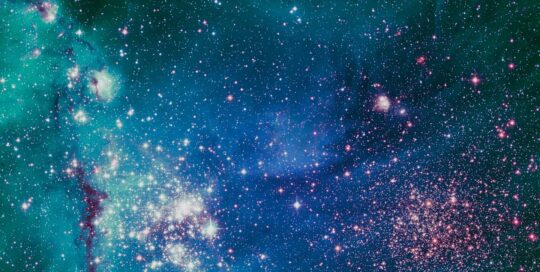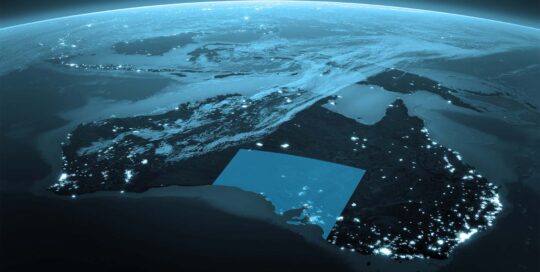South Australian-headquartered Equatorial Launch Australia (ELA) has signed a Memorandum of Understanding (MoU) with Singaporean rocket company Equatorial Space Systems (ESS).
The MoU marks the commencement of a series of launches of the Dorado family of suborbital rockets at the Arnhem Space Centre in Australia’s Northern Territory, earmarked for late 2024. The Dorado launches will carry science experiments and technology demonstrator payloads.
Executive Chairman and Group CEO of ELA Michael Jones was pleased to announce the MoU with the rapidly emerging rocket company, ESS.
“We are looking forward to working with them (ESS) on their technology demonstrator missions and to service their payload customers,” Mr Jones said. “Our companies are united through a shared vision for pushing the boundaries of space technology and infrastructure. This project once again highlights Australia’s space capabilities and investments in space projects.”
It’s a sentiment shared by CEO of ESS Simon Gwozdz.
“ELA and ESS are bonded not just by the similarity in our companies’ names, but also by the common vision for more sustainable, democratised and flexible space access for the global space economy,” Mr Gwozdz said. “Together, we are poised for a period of exponential growth as we prepare to launch our upcoming rockets from East Arnhem Land.”
The MoU paves the way for a comprehensive Spaceport Services Agreement which could see ESS become a resident launcher at the spaceport in future, conducting orbital launches for satellite clients with their Volans rocket that feature a payload capacity of up to 500 kg.
ELA’s Arnhem Space Centre is rapidly emerging as a global launch site of choice, with strong interest from launchers and their payload customers from across Asia, Europe and the US. It’s a prospect that excites Michael Jones.
“We have a cost-effective solution for both small and larger rockets, we have facilities for assembly, integration and test of both engines, sub-systems and the entire rocket,” he added.
“Australia’s geopolitical stability, mature economy, supportive regulatory environment as well as our remoteness and access to multiple orbit options are attractive to the global space industry and our ability to relieve the launch congestion being experienced overseas also puts us in a great position to service growing demand.”





